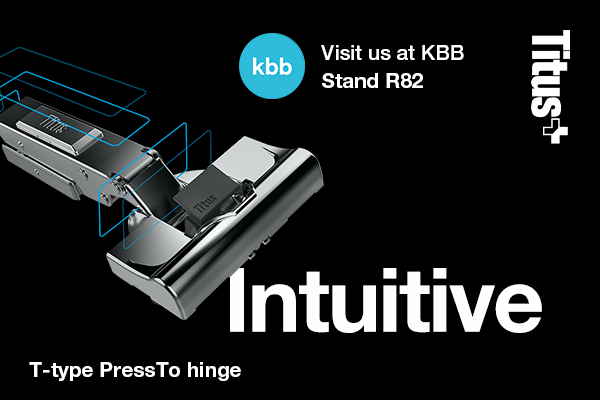Chris Franklin, MD at Ranheat Engineering Ltd, a leading UK manufacturer of wood combustion equipment continues his series of articles exclusively for Furniture and Joinery Production. In last month's edition, he looked at how to maximise wood-waste utilisation. One of the methods was using the wood-waste for kilning of timber. This month he looks at a case study using wood-waste to kiln dry timber prior to treatment with preservatives, for a specialist fencing supplier.
M W Nice Ltd, a manufacturer and re-seller of a wide range of fencing products based near Bury St. Edmunds, have invested in a kiln supplied by Kilning specialists, Kiln services Ltd. This is powered by a Ranheat wood burning installation.
When trees are harvested, they have a high moisture content, The traditional drying method was air drying, but this can take months. The alternative quick method is to use a kiln.
M W Nice contacted John Commins at Kiln Services Ltd. based in Essex. They are the only UK manufacturer of Kilns, for the woodworking industry.
In recent years the fencing sector has become an increasingly important market.
Many companies have installed kilns in order to obtain the correct penetration and chemical loading by drying down to fibre saturation point prior to treatment.
When drying species that are classed as "resistant to treatment" such as Spruce, care should be taken not to dry below the fibre saturation point. A final moisture of 28 – 30% usually provides the best results.
Drying programs should be modified to ensure the maximum temperature does not exceed 65 degrees centigrade and relative humidity is no lower than 55%.
By modifying the programs in this way, although drying times will be extended it will avoid the outer layers from drying too quickly causing a resistance to penetration ensuring that the preservative impregnation standards of BS8417:2011 are met.
This is of particular importance where the minimum service life of 15 years defined in the Standard is required for components destined for Class 4 / Ground Contact use.
There is of course a cost in removing a proportion of the moisture prior to treatment but this is minimal when compared with the replacement of a failed product which in turn often means customers have a lack of confidence in timber and turn to other less sustainable materials.
John recommended Ranheat Engineering Ltd. for the wood-burning system as they have successfully worked together, for over 40 years, in the UK and Africa on kilning projects.
Not all wood-burning boilers are suitable for use with kilns as kilns have a sudden high demand for energy on start up and the boiler system needs a large water content to deal with this “surge” as the kilning cycle progresses the demand for heat falls off so a good turn down ratio is also needed to cope with this fluctuation in heat demand.
Traditionally a powerful heat exchanger with an oil-fired boiler would be used but with the move away from conventional fuels enter the wood-waste burning boiler.
There is a wide range of wood-waste as an off-shoot of manufacturing wooden fencing products. This was to be used as the fuel for the boiler.
The wood fuel needs to be in the form of woodchips. As the manufacturing site for the fencing and kilning was remote, a tractor mounted chipper was decided on.
Will Nice goes on to say "we had a lot of help from Ranheat with obtaining local authority permits and planning consents, some of these we were not aware that we needed. Chris pointed out that the woodworking operation needed a local authority permit as we will be processing more than 1,000m3 per year of wood under guidance note PGN 602.
"As part of this permit, we added our wood combustion process which came under a separate guidance note PG5/1 (21) Chris dealt directly with the local Environmental Health Officer who was interpretating the guidance incorrectly. Without Ranheat’s help we might have had un-necessary conditions placed on our permit, and incurred extra costs as they were asking for an annual test on the boiler which is not what the guidance note said. Ranheat’s experience with dealing with local authorities was invaluable and is part of the service they provide, so no need to employ expensive consultants.”
For further information on all types and sizes of Industrial Woodburning equipment from 75 kW upwards, contact Ranheat on 01604 750005, [email protected] or www.ranheat.com
Ranheat also make spares and service and repair other makes of woodburning boilers and heaters.
Kiln Services can be contacted on 01621 785935, [email protected] or www.kilnservices.co.uk









